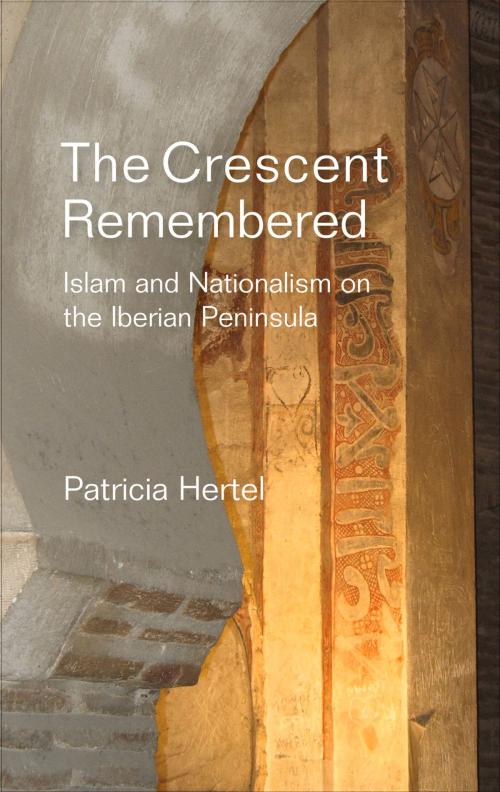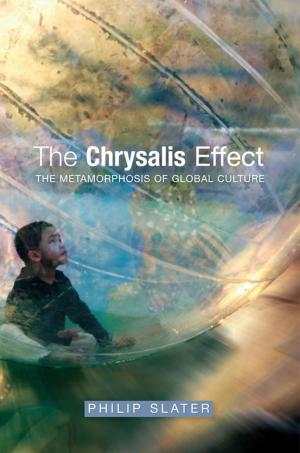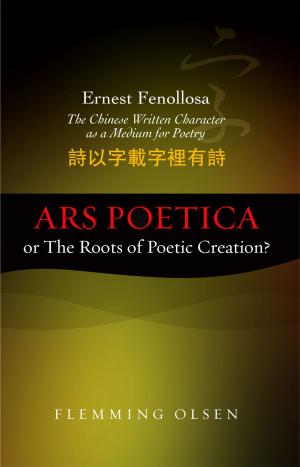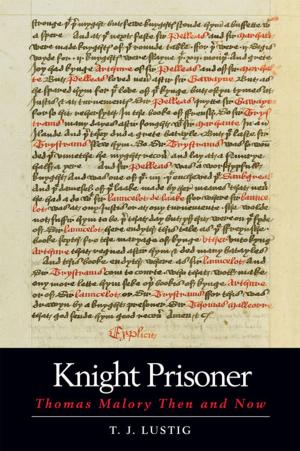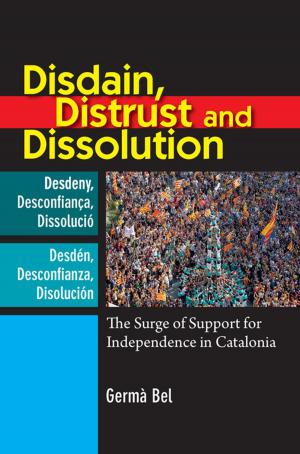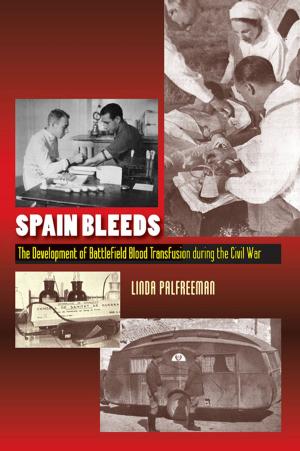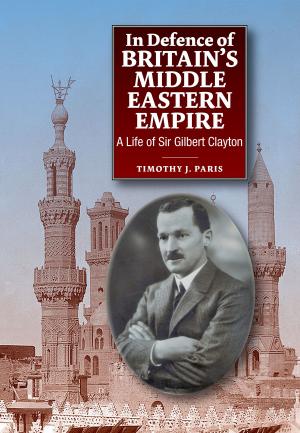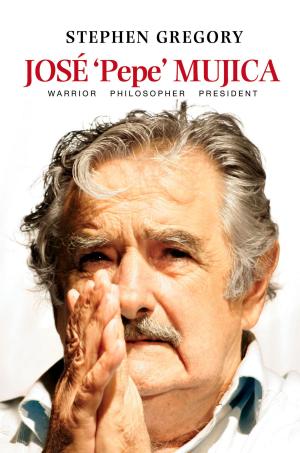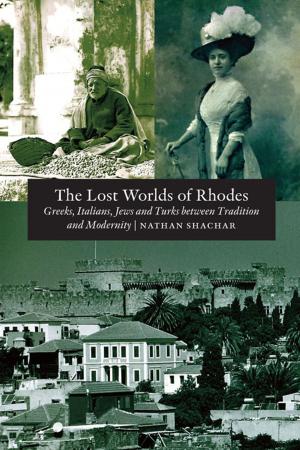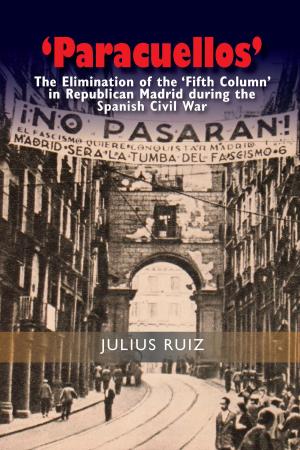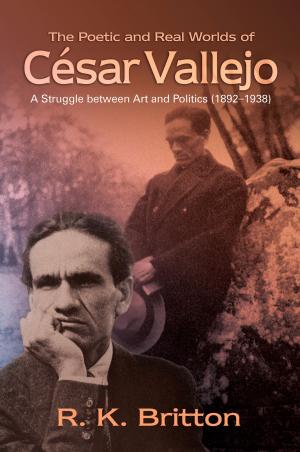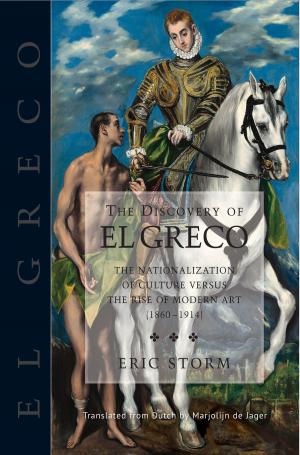The Crescent Remembered
Islam and Nationalism on the Iberian Peninsula
Nonfiction, History, Spain & Portugal, Religion & Spirituality, Middle East Religions, Islam| Author: | Patricia Hertel | ISBN: | 9781782842354 |
| Publisher: | Sussex Academic Press | Publication: | September 1, 2015 |
| Imprint: | Sussex Academic Press | Language: | English |
| Author: | Patricia Hertel |
| ISBN: | 9781782842354 |
| Publisher: | Sussex Academic Press |
| Publication: | September 1, 2015 |
| Imprint: | Sussex Academic Press |
| Language: | English |
Contemporary Spain and Portugal share a historical experience as Iberian states that emerged within the context of al-Andalus. These centuries of Muslim presence in the Middle Ages became a contested heritage during the process of modern nation-building with its varied concepts and constructs of national identities. Politicians, historians, and intellectuals debated vigorously the question how the Muslim past could be reconciled with the idea of the Catholic nation. The Crescent Remembered investigates the processes of exclusion and integration of the Islamic past within the national narratives. It analyzes discourses of historiography, Arabic studies, mythology, popular culture, and colonial policies toward Muslim populations from the 19th century to the dictatorships of Franco and Salazar in the 20th century. In the process, it seeks to shed light on the role of the Iberian Peninsula as a crucial European historical “contact zone” with Islam.
Contemporary Spain and Portugal share a historical experience as Iberian states that emerged within the context of al-Andalus. These centuries of Muslim presence in the Middle Ages became a contested heritage during the process of modern nation-building with its varied concepts and constructs of national identities. Politicians, historians, and intellectuals debated vigorously the question how the Muslim past could be reconciled with the idea of the Catholic nation. The Crescent Remembered investigates the processes of exclusion and integration of the Islamic past within the national narratives. It analyzes discourses of historiography, Arabic studies, mythology, popular culture, and colonial policies toward Muslim populations from the 19th century to the dictatorships of Franco and Salazar in the 20th century. In the process, it seeks to shed light on the role of the Iberian Peninsula as a crucial European historical “contact zone” with Islam.
